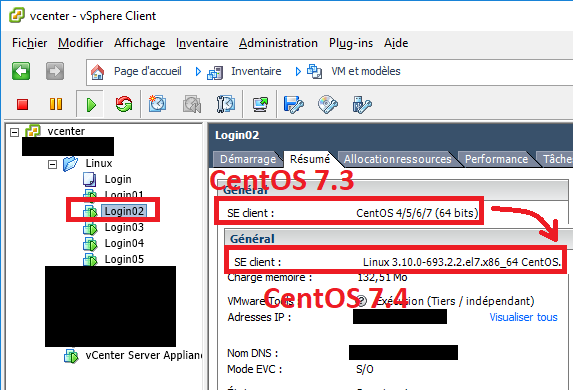Vmware Esxi 5.5 Support
That's not to say all is lost, but your environment is in a precarious state. VMware will maintain Technical Guidance for vSphere 5.5 until September 19th, 2020.
Note: The HPE ESXi 5.5 U3 Dec 2016 custom image is the last ESXi 5.5 custom image to be released. View more information on HPE ESXi Offline Bundles For detailed information on these servers, please refer to the VMware Compatibility Guide. Running ESIx vSphere 5.5 with more than 4 TB of RAM is not supported. This driver enables VMware's vSGA shared GPU capabilities. Hardware based graphics acceleration for 3D workloads for VMware Horizon View virtual desktops or vSphere virtual machines. Support for VMware ESXi 5.5.
Support requests can only be opened via the self service portal for severity 2 and lower issues, so if you experience an outage, you are on your own. These tickets only apply to supported configurations as well. As a VMware Support and Subscription (SnS) customer, you need to upgrade before September 19th to avoid losing the full protection of a supported vSphere platform. 'You're right, we need to upgrade.

But what does that all entail?' The vSphere platform has a very specific upgrade path you need to follow to ensure no service interruptions during the process. Before we dive into the VMware aspects, there are other variables to consider. Warriors orochi 3 pc.
Let's start with the host servers; the hardware ESXi calls home. Validate that the hardware is compatible with the version of ESXi you are upgrading to via the. Take a look at host as well. The host hardware vendor may also provided information about compatible versions of ESXi on their website. Even in the event that the existing BIOS and firmware is compatible with ESXi 6.0 or higher, now is a great time to upgrade.
This helps to keep your hardware secure and up to the manufacturers recommended levels. One of the first things the vendor's tech support engineer is going to tell you to do is to upgrade the BIOS to troubleshoot any problems you may call in with. I know this from many calls to *insert hardware vendor here*. So the host hardware is taken care of, what's next? Think about other systems that interact with vSphere. Is your storage platform compatible? What about your backup solution?

Are there any vCenter plugins in use? Potentially many systems could be impacted by a VMware upgrade that's not properly planned. 'Alright, the hardware and peripheral systems are ready to go, time to move on to VMware!'
Vmware End Of Support Esxi 5.5
Well, almost. Before diving into upgrading vSphere, take inventory of what vSphere editions and VMware programs you have deployed in your environment.
Certain versions of vSphere and vCenter Server cannot be upgraded directly to 6.5+, so be sure to check the first. VCenter Upgrade Path taken from kb.vmware.com Calling back a few paragraphs, I pointed out that vSphere has a very specific order of operations for upgrades.
Vmware Esxi 5.5 Support Download
Now that you have the full list of VMware products in play in your environment ready to go, you can map out your next steps. A quick search of VMware KBs will provide the upgrade sequence for the specific version of ESXi to which you have chosen to upgrade. Is the KB for ESXi 6.5. You'll notice that services such as vRealize Operations, NSX, and the Platforms Services Controller (PSC) must be upgraded before vCenter. It's worth noting that hosts are upgraded AFTER vCenter. Older versions of ESXi can connect to newer vCenters, but it does not work the other way around. I have encountered many people in my days attending VMUG meetings where they were unaware of this requirement and upgraded the hosts first.